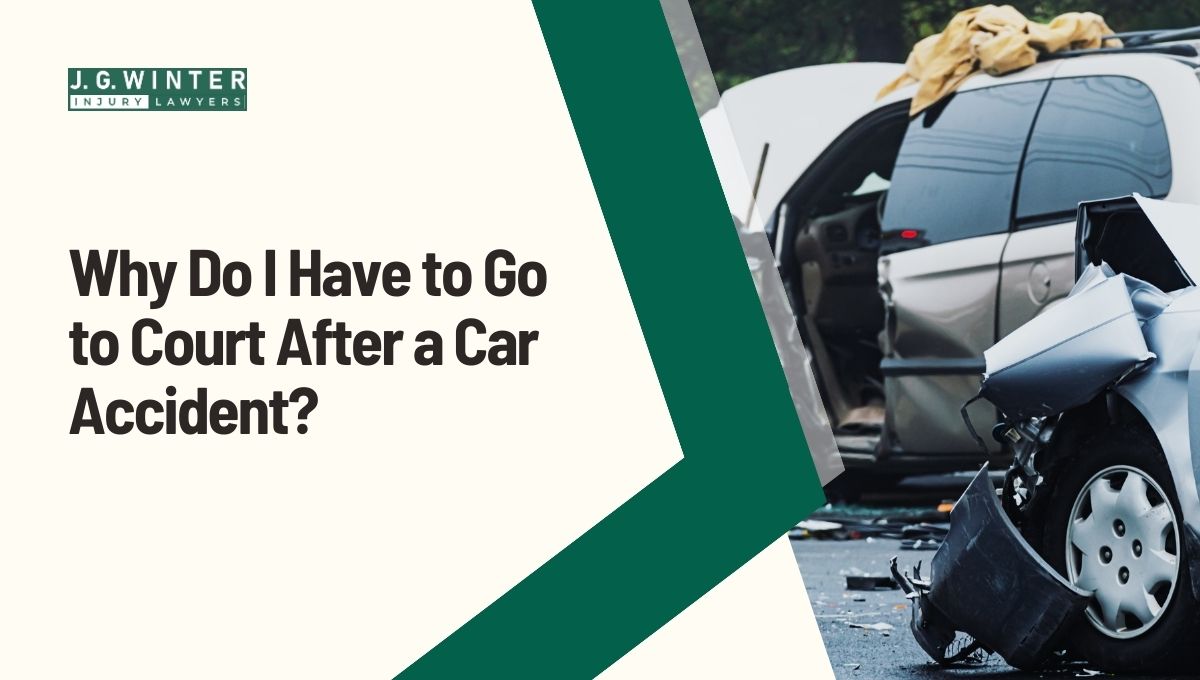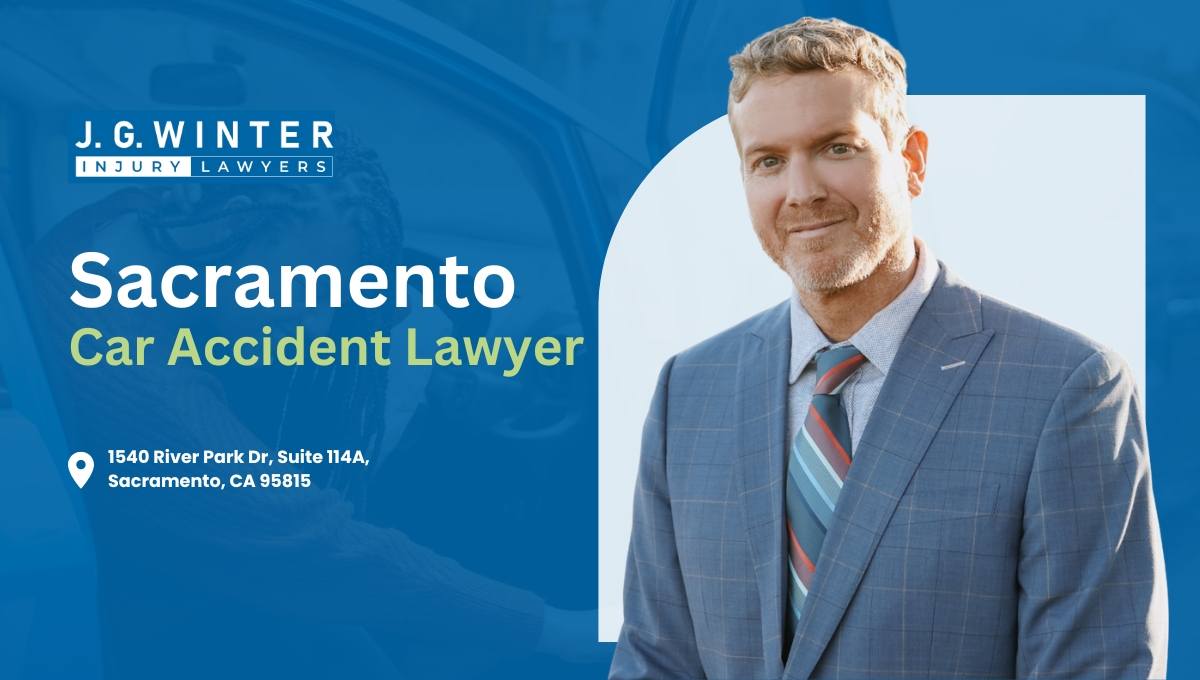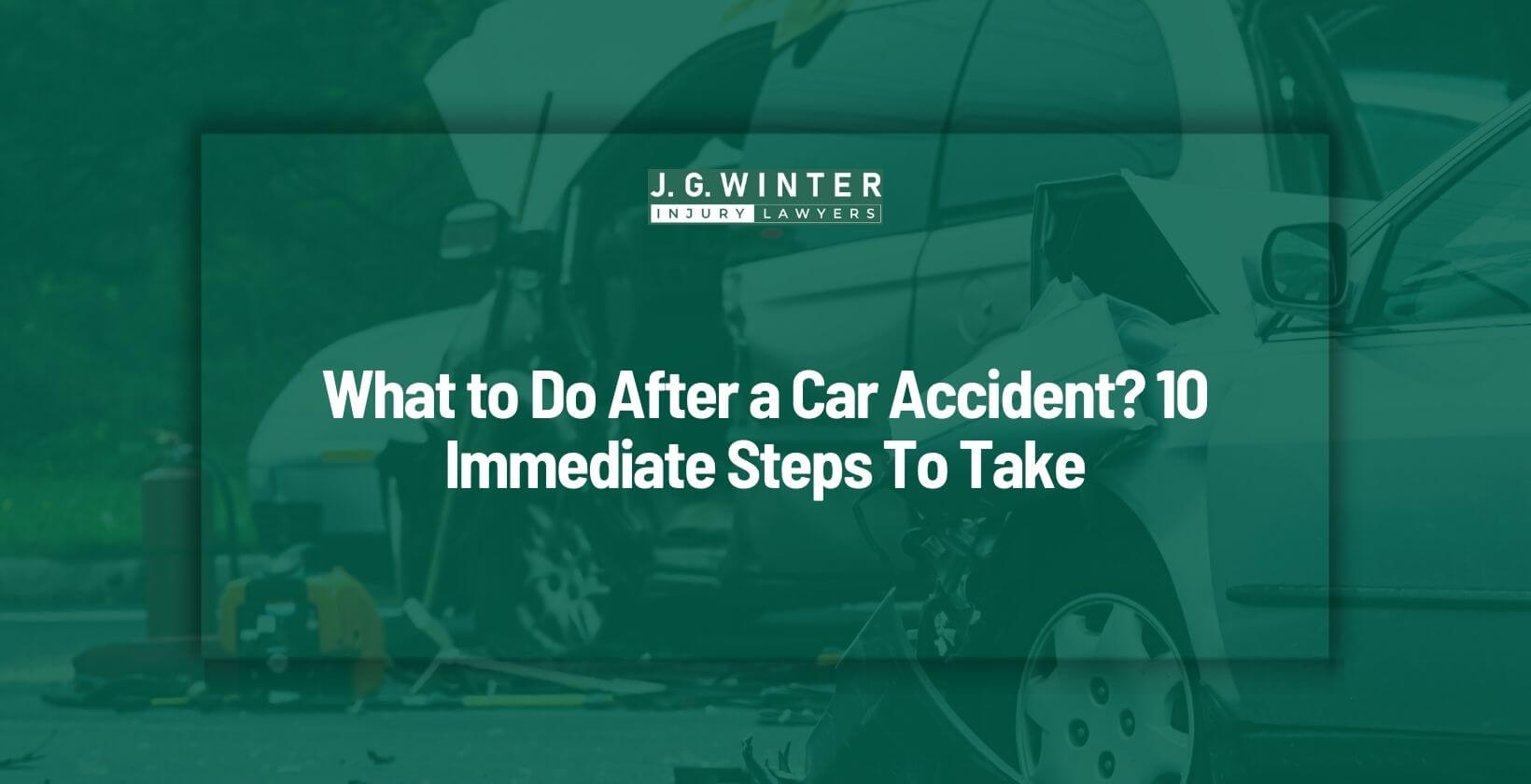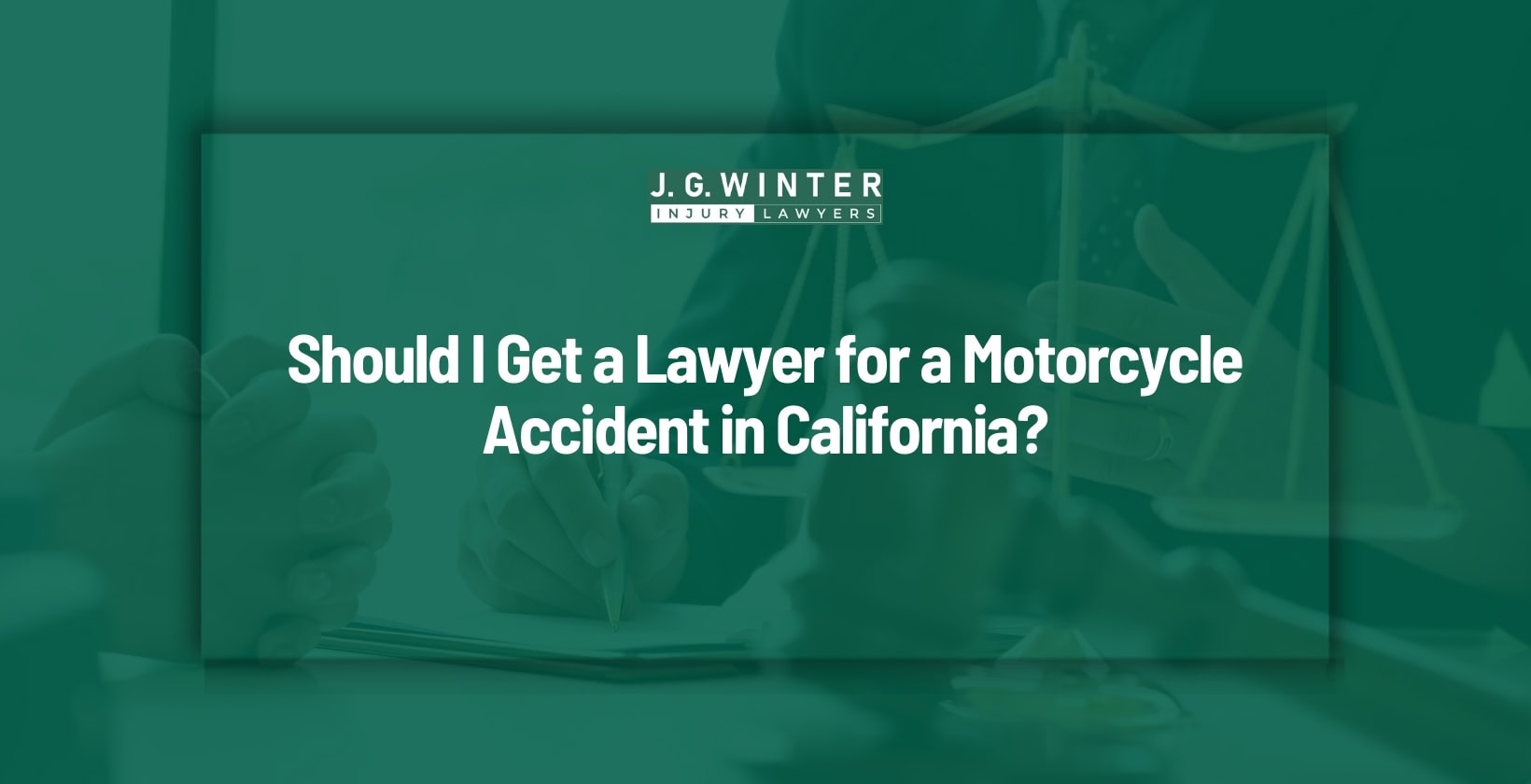When you hear you might have to go to court after a car accident, feelings of pressure and anxiety set in. Most people hope these matters can be resolved quickly, an insurance claim filed, a few phone calls made, and that’s it. But why do I have to go to court after a car accident? This is a question many people face when the situation becomes more complicated. Disputes over who was at fault, how to care for serious injuries, or what constitutes a lowball settlement offer can all push a case into litigation. Going to court after a car accident isn’t about creating additional drama as much as it is pursuing the next logical step to obtain a fair outcome.
Common reasons for going to court after a car accident
While the vast majority of car accident claims settle out of court, there are times when legal action becomes unavoidable. Below are some common reasons why a case might end up in front of a judge.
Disputed fault with the other driver
It’s not unusual for both drivers to believe the other was at fault. Stories can conflict or not add up, and sometimes the evidence does not clearly support either side. As helpful as the police report is, it still might leave out key details or lean heavily in one direction.
If no one can agree on what really happened, court might be the only way to sort things out. “That is when lawyers step in, often using experts to reconstruct the scene and help clarify who was likely responsible.
Challenge insurance denial or underpayment
Insurance companies do not always pay what they should, even when the victim’s claim is valid. They might offer a low settlement that barely covers repairs, or deny coverage for medical treatment without much explanation. When back-and-forth negotiations go nowhere, going to court can be the only way to push for the compensation you actually deserve.
Pursue compensation for serious injury or death
When you are dealing with serious injuries or the loss of a loved one, the financial strain can be massive. Consideration must be made not only for immediate medical bills, but for other financial burdens such as long-term care, rehab, and lost income. Insurance companies are not incentivized to make your claim filing process quick and easy. They tend to fight longer and harder against paying out high-value claims. In situations like this, going to court is often the only way to secure a final compensation amount that truly covers everything, from ongoing care or the tragic loss of a family member.
Handle uninsured or underinsured drivers
When the other driver lacks insurance or just does not have enough coverage, it makes everything more complicated. You might have to rely on your own insurance, like UM or UIM coverage (if you have it), which can be a major hassle. Moreover, California’s unique insurance laws can make things even trickier. If it becomes a long, drawn-out battle and your insurance cannot cover it all, sometimes, the only way to get what you are owed is to take it to court.
Resolve liability in multi-party crashes
When an accident involves more than one driver, figuring out who is responsible can get pretty messy. Everyone might have a different perspective on what happened, which can make dividing up the blame challenging. This is where the court steps in to assist and push things forward. They will assign fault percentages to each driver, making sure that the right amount of compensation is paid based on who was determined by legal due process to be at fault.
Uncover missing or disputed evidence
It is not uncommon for important evidence, like video footage or witness statements, to go missing or be disputed. This can cause insurers to deny claims or offer less compensation than you deserve. But properly executing legal processes in step-by-step order, especially essential early elements like discovery, can help uncover that missing information. Utilizing the court system is a way for all parties to dig deeper and focus on finding what was overlooked or hidden.
Force a settlement through litigation
In some situations, the other party is just stubborn or unwilling to negotiate fairly. When that happens, litigation can become necessary. Going to court certainly is not always ideal, but it can be a strong way to apply pressure in hopes of goading or even forcing the other side to settle fairly. Sometimes, the mere threat of a trial is what it takes to get the attention and action of the opposing party.
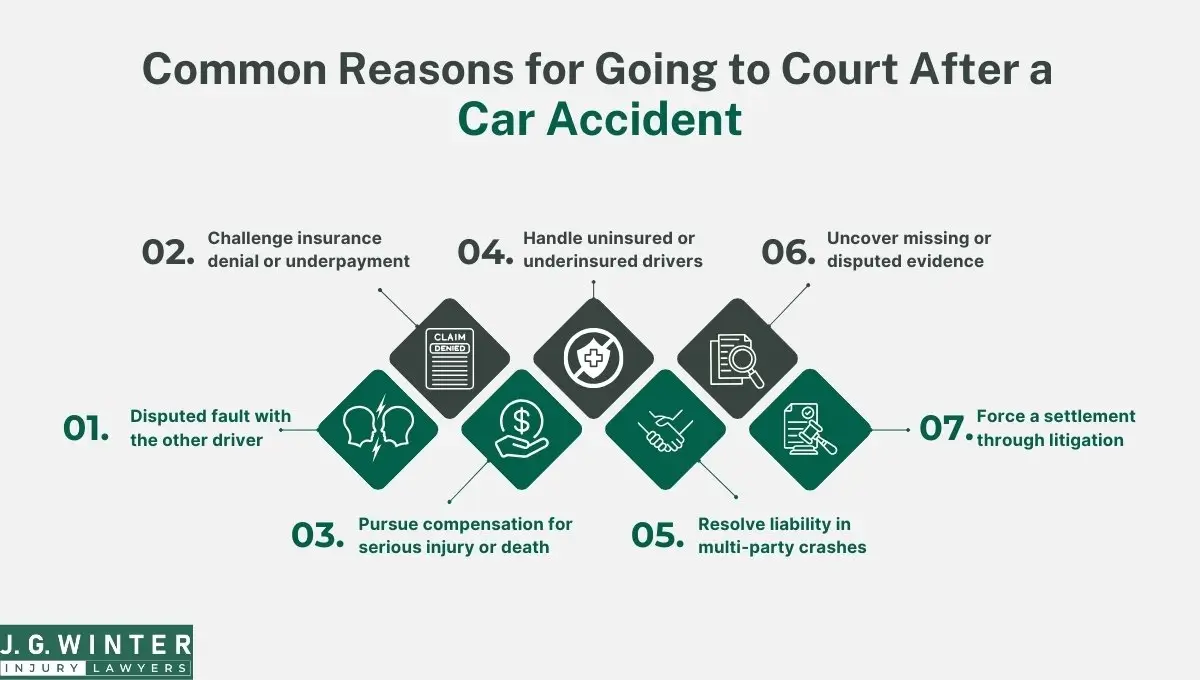
What to expect if your case goes to court?
Going to court can feel overwhelming, but understanding the process ahead of time can help ease some of that anxiety. From timelines to potential outcomes, this section will give you a sense of what to expect as you move through the legal journey.
Filing a lawsuit and starting the legal process
The first step in a car accident case is filing the lawsuit, which kicks off the legal process. This involves submitting your claim to the court and having the defendant served with the necessary documents. This initial step is crucial, as it signals to the other party that you are serious about pursuing your case. Keep in mind that there are strict deadlines for filing in the state of California, so it is important to act quickly.
Discovery, depositions, and pre-trial prep
Once the lawsuit is filed, the real groundwork begins. Both sides start collecting information to support their version of events. This process, called discovery, usually includes written questions interrogatories), recorded statements from witnesses (depositions), and exchange of important documents like medical records or repair bills. Discovery is not always fast and it can feel repetitive, but this is how each side gets a clearer picture of their case strategy prior to trial. Lawyers also use this time to prepare arguments, find inconsistencies, and, if needed, bring in experts to back up the case.
Trial day: How arguments are presented
A typical trial day follows a clear structure, and your attorney handles most of it. Here’s a quick look:
- Jury selection: Choosing fair, unbiased jurors
- Opening statements: Each side outlines their position
- Witness testimony: People involved in or who were present at the incident share what they know
- Cross-examination: Lawyers challenge evidence presented by opposing counsel
- Closing arguments: Final summary of key points
- Verdict: Jury or judge makes the decision
Key things to do before you go to court
Before going to trial, preparation matters. The steps below focus on how to work with your lawyer, organize evidence, and present your case clearly and confidently when it counts.
Collect and organize all evidence
Pull together everything tied to the crash, including but not limited to photos, medical records, bills, witness info, and the police report. Your attorney will rely on each of these to build a strong, detailed case. Being thorough early on helps, because gaps in information or missing documents can weaken your position down the road.
Limit public exposure of your case
Avoid posting about your case or talking to people outside your legal team. Even casual comments can be taken out of context. Public statements can backfire, sometimes in ways you would not expect.
Tips for Navigating the Court Process After a Crash
The California state and Sacramento county court systems can feel unfamiliar and tense. The next few sections offer ways to stay grounded and prepared, even when the process seems overwhelming.
Stay calm and focused
- Breathe before you speak. Staying steady helps you think clearly.
- Listen carefully. It is easy to miss key points from opposing counsel or instructions from the judge if you are distracted or nervous.
- Don’t react emotionally. Even if something feels unfair, staying composed reflects well on you.
- Keep your posture open and attentive. Body language speaks just as loudly as words.
Follow your lawyer’s guidance
Your attorney knows how the process works and what will help your case. Trust their preparation and stay in sync with their advice. If you are unsure about something, ask. It is better to clarify than to assume.
Be patient — litigation takes time
Court cases move slowly. There might be delays with scheduling, paperwork, or negotiations. While these pauses and setbacks can no doubt be frustrating, rushing or pressing rarely leads to better outcomes. Give the process the space it needs.
Practice giving your testimony
It is not easy to talk about what happened, especially in front of strangers in court. Practicing with your lawyer helps you get used to the kinds of questions you will face, even the uncomfortable ones. You do not need to sound perfect, just honest and steady. A little preparation can go a long way when the moment comes.
Why you need an experienced trial lawyer after a car accident?
Trial is not like what you see on television. It is slower, more boring, more technical, and quite honestly overwhelming at times. A lawyer who knows the courtroom can keep your case on track and moving forward, give you more free time and space to focus on healing as opposed to fighting.
Understanding of the stakes
After a bad crash, you are not just facing brief physical recovery and a few simple bills. There is long-term impact in physical, financial, and emotional arenas. An experienced car accident trial lawyer sees the full picture, and they will not accept less just because it happens to be faster or easier.
Legal experience that improves case results
Juries notice confidence; judges do too. An attorney who has been through these kinds of situations in courtrooms before knows how to pivot when things do not go as planned. That kind of presence can quietly shift the entire tone and perspective of a case.
Why choose the Law Offices of JG Winter?
When the outcome of your case could shape your future, the attorney you choose matters. JG Winter is a highly experienced, highly trusted, and highly rated car accident attorney that does not just guide you through the process, but fights relentelessly to get results that make a real difference.
Results-driven advocacy and trial experience
With millions recovered for injured clients and a track record of courtroom wins, our firm combines strategic litigation skills with extensive trial experience. We are recognized throughout Sacramento County, Placer County, and surrounding Northern California areas for both client results and peer respect.
Request a free case review today
There is no up-front cost to get the essential legal answers you need. We will review your case quickly and explain your legal options clearly. Schedule your free consultation – your path forward starts now.
Ready to take the next step?
Call us or fill out the short form on our website to speak with a seasoned legal team ready to take action. Your recovery matters—and it starts with one conversation.
